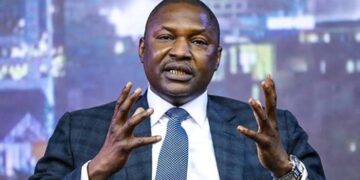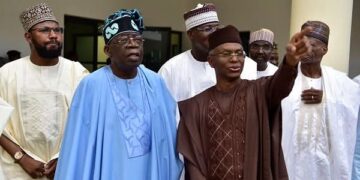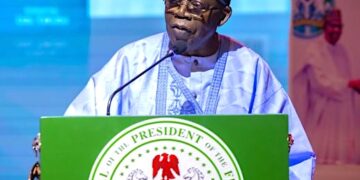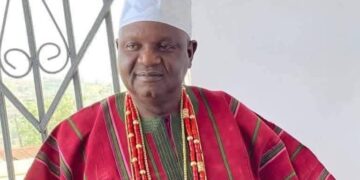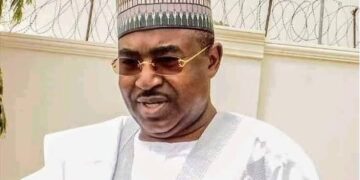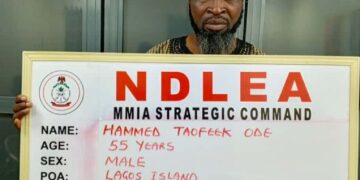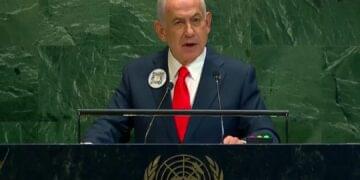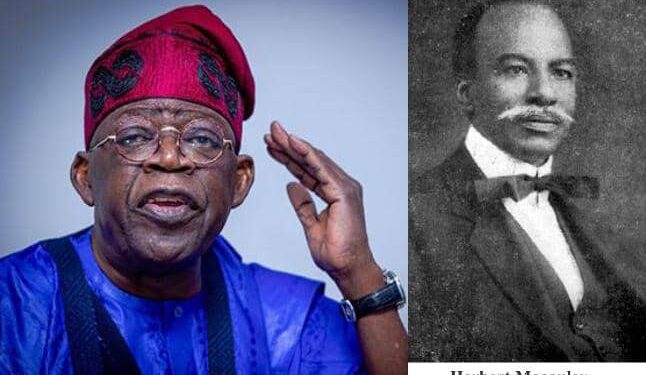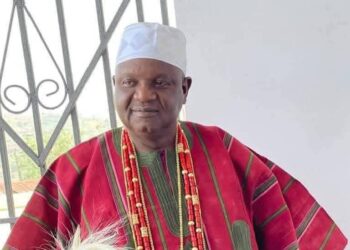By adakole Elijah
I must confess that my curiosity was piqued, nay, my sensibilities were profoundly perturbed upon perusing the list of felons pardoned by President Bola Ahmed Tinubu. My perturbation stems from the apparent dichotomy between the noble intent behind the pardons and the seemingly arbitrary nature of the selection process.
A cursory examination of the list reveals a paradoxical scenario where some individuals have been deemed worthy of clemency, while others, equally deserving, have been conspicuously omitted. The posthumous pardon accorded to General Mamman Vatsa, a gesture that would ordinarily be lauded as a magnanimous act of statecraft, is rendered paradoxical by the glaring omission of his compatriots who suffered similar ignominy. I would have been happier if names like Colonel Chris Oche, Wing Commander Ben Ekele, Commander Andrew Achukwu Ogwiji, Squadron Leader Martin Luther jnr, and all those convicted of the fanthom coup were pardoned. They deserves total restitution.
It is pertinent to recall the sage words of George Orwell, who astutely observed in his magnum opus, Animal Farm, that “all animals are equal, but some animals are more equal than others.” This aphorism seems peculiarly apposite in the present context, where the President’s clemency appears to have been dispensed in a manner that belies the principles of egalitarianism.
In light of this, it would have been judicious for the President to have adopted a more comprehensive approach, one that would have entailed the pardoning of all the officers implicated in the alleged coup, or alternatively, a more nuanced approach that would have taken into account the individual circumstances of each case.
Furthermore, the inclusion of individuals convicted of heinous crimes, such as drug trafficking and kidnapping, on the list of pardoned felons, is a decision that warrants scrutiny. One is compelled to query the rationale behind extending clemency to those who have perpetrated crimes that have occasioned immense harm to society.
In conclusion, while commending the President’s bold initiative in granting pardons to certain individuals, it is imperative to posit that the exercise ought to have been conducted with greater transparency and a more judicious application of discretion. The restoration of ranks, payment of gratuities and pensions to the families of the deceased officers, and a more judicious approach to clemency would have lent credence to the notion that the Nigerian state is committed to upholding the principles of justice and fairness.
Elijah, the living ancestor ( Adalekwu) writes from O’EJE Fortress, Otada-Otukpo.


